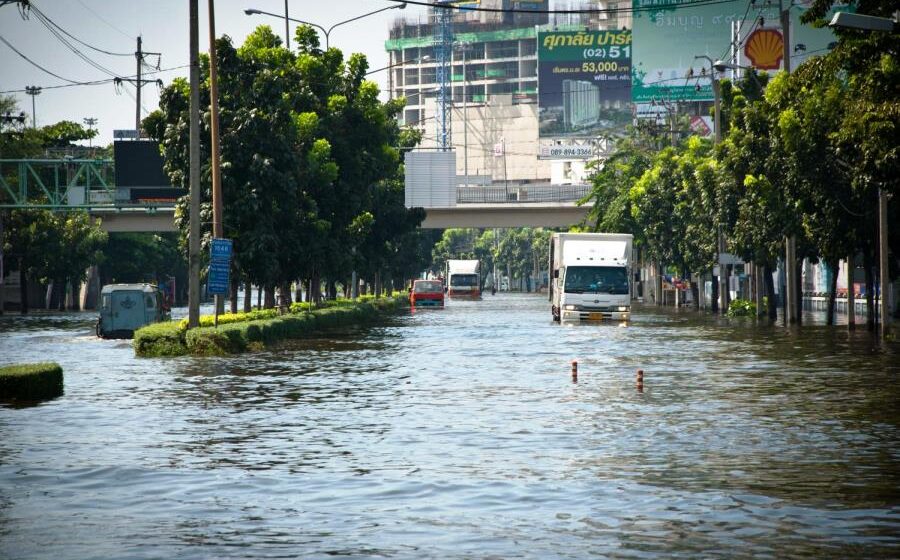Delegates in Glasgow are in final talks over a deal that aims to avert the most severe impacts of climate change.
Negotiators in the main COP26 hall are meeting in huddles to iron out differences over issues like climate funding and deforestation.
COP26 president Alok Sharma told negotiators he wanted a deal done on Saturday.
And he said the current draft “really moves things forward.”
“At the end of the day, what has been proposed is a balanced package” he said.
The key achievements in the agreement so far are the unprecedented inclusion of a commitment to phase-out coal, re-visiting emissions-cutting plans on a more regular basis and increased financial help for developing countries.
But developing nations are unhappy about a lack of progress on what’s known as “loss and damage”, the idea that richer countries should compensate poorer ones for climate change effects they can’t adapt to.
Promises in Glasgow will not be enough to limit global warming to 1.5C. It is a key part of the 2015 Paris agreement that most countries signed up to.
Scientists say that limiting temperature rise to 1.5C compared to pre-industrial levels will protect us from the most dangerous impacts of climate change.
Meeting the goal requires global emissions to be cut by 45% by 2030 and to zero overall by 2050. One example of the impact of global temperature rise above 2C is the death of virtually all tropical coral reefs, scientists say.
One estimate by the Climate Action Tracker calculated that the planet is still set to warm by 2.4C if the current pledges are all met.
But experts say the current target is still achievable: at COP15 in Copenhagen more than a decade ago, estimates suggested the world was heading for between 3.5 and 4.2C of warming.
The new version of the agreement released earlier on Saturday continues to refer to “accelerating efforts towards phase-out of unabated coal power and inefficient fossil fuel subsidies” – watered-down commitments that have been criticised by campaigners, even though some observers underlined that it is the first time coal is explicitly mentioned in UN documents of this type.
China and Saudi Arabia are said to be among a group of countries that have been seeking to remove references to fossil fuel subsidies.



